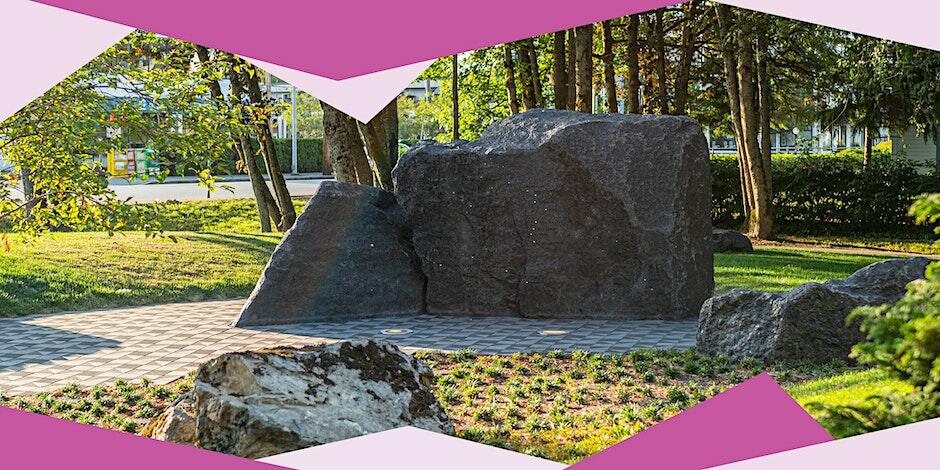
07:00 PM - 10:00 PM
About the event
How do commemorative sites intersect between culture and tradition, community and ethnicity, private stories and public history?
Over his 25 years as a landscape architect, Joseph (Joe) Fry has explored a long and deep-seated interest in commemorative sites as the intersection between culture and tradition, community and ethnicity, private stories and public history. The landscape is a powerful medium to reveal these themes, offering overlappings of meaning, and ultimately, a deeply personal connection to place. As a sansei, or third-generation Japanese Canadian, Fry is particularly fascinated by the impact of the Japanese internment over generations as he invites a new Japanese Canadian audience to understand the lingering implications of that event on their personal histories.
Through his studio’s work for the Steveston Nikkei Internment Memorial, Canadian Navy Monument in Ottawa, Yi Fao Park in New Westminster and various design competitions and unrealized works, Fry will review some of the lessons he has learned in pursuing commemorative design work through his career, and shed some light on how public art and memorialization in the public sphere is changing in the age of Reconciliation.
Joseph Fry is a principle at Hapa Collaborative, a landscape architecture and urban design practice that is deeply committed to the creation of connected and livable communities. Hapa inspires attachments between people and their environments by revitalizing forgotten spaces into ones buzzing with social energy, as dynamic and intricate parts of a larger, connected whole.
This talk will be preceded by a short performance by SAM DAVIDSON.
Location: Richmond City Hall
49.1632562, -123.1378813
Richmond City Hall
6911 No. 3 Road
V6Y 1R9 Richmond, BC
Canada